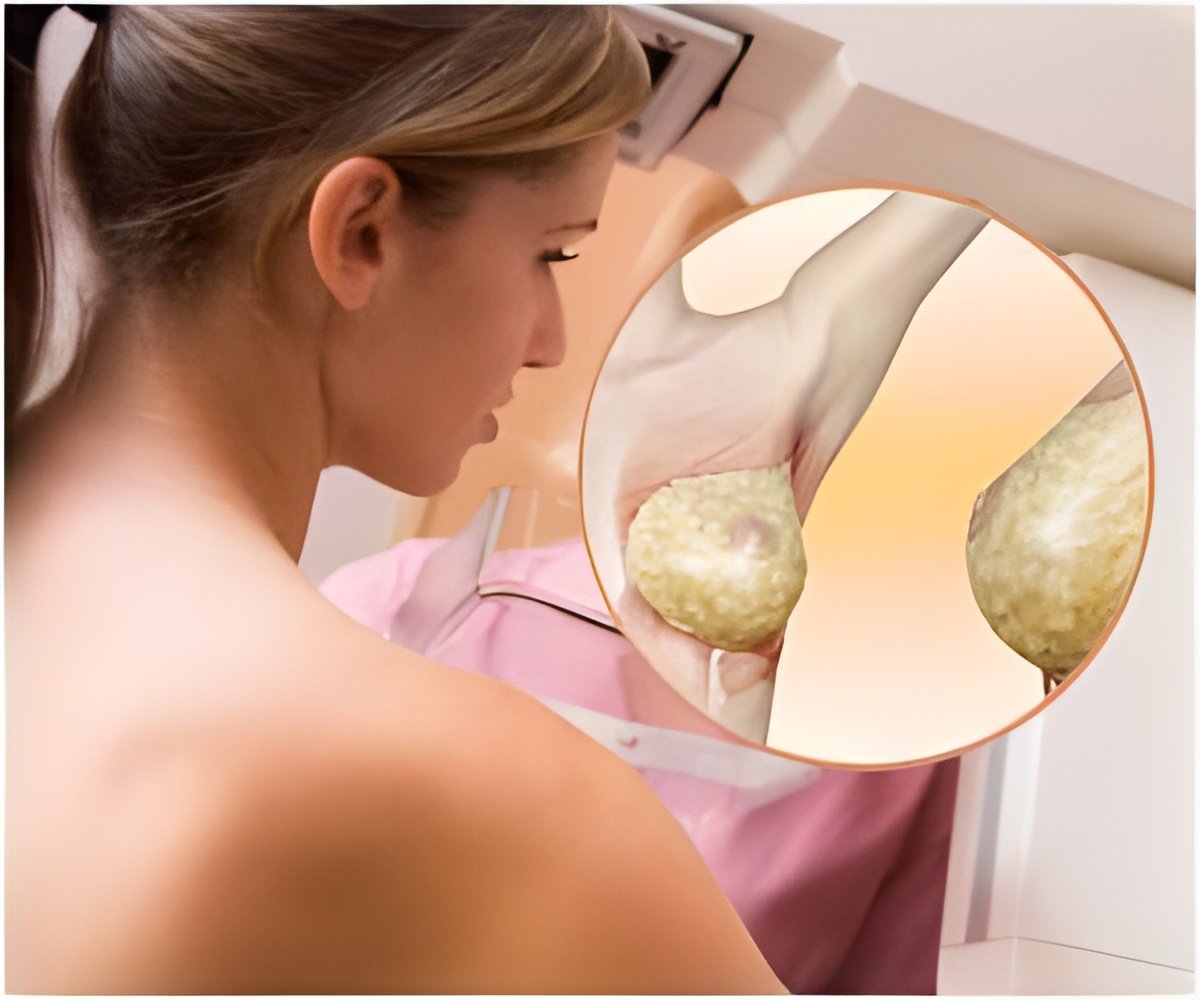
CAMBRIDGE, Mass. (July 18, 2011) – Using a new in vivo screening system, Whitehead Institute researchers have identified a protein in the serine biosynthesis pathway that is essential in estrogen receptor (ER)-negative breast cancer—a notoriously difficult disease to treat associated with low five-year survival rates.
According to the researchers, when expression of the gene that codes for this protein—phosphoglycerate dehydrogenase or PHGDH—is suppressed in tumors and cell lines with an overabundance of the protein, the rate of cellular growth declines markedly.
As reported this month in Nature, the in vivo screen focused on 133 metabolic genes that the researchers predicted to be necessary for tumorigenesis. Using RNA interference (RNAi), first author Richard Possemato targeted these genes in human breast cancer cells implanted in mice.
"Our goal for this study was to look for essential cancer genes in vivo, where the levels of metabolites are likely more appropriate than in an in vitro model system," says Possemato, a postdoctoral researcher in the lab of Whitehead Member David Sabatini.
In vivo screening provides a more realistic understanding of what would work in a living organism rather than in a Petri dish's artificial environment. During the screen Possemato and colleagues identified PHGDH, which is overexpressed in approximately 70% of ER-negative breast cancer patients, as essential to tumor growth. The PHGDH protein is one of three enzymes involved in the metabolic serine biosynthesis pathway. Cancer cells alter their metabolism in the interest of sustaining rapid growth, and high levels of PHGDH appear to drive such metabolic change. When Possemato suppressed PHGDH protein production in breast cancer cell lines with elevated levels of it, the cells stopped proliferating.
Advertisement
"We do think this has some therapeutic relevance, where an inhibitors of this enzyme would have effects on the cells we identified that tend to overexpress this enzyme," says Sabatini, who is also a biology professor at MIT. "By RNAi, we've provided proof of principle, but whether a drug against this protein would be valuable remains to be determined."
Advertisement













